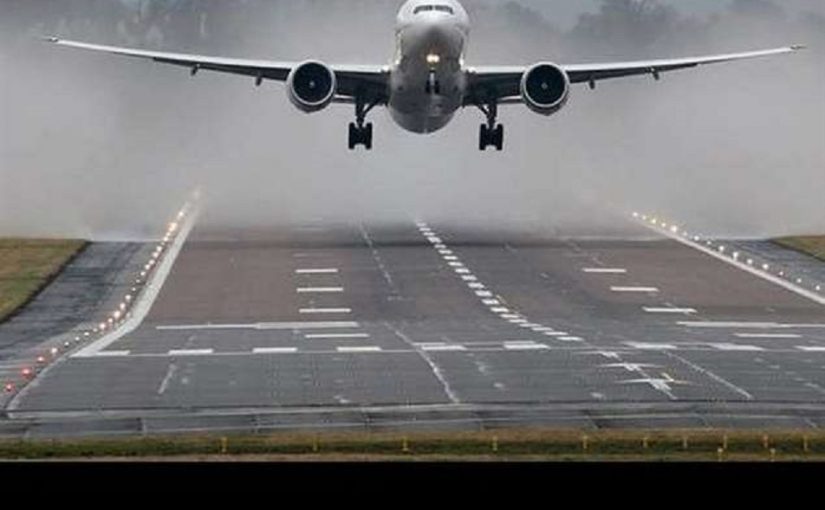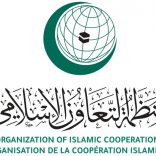Expo Osaka: Mozambique strengthens cooperation with Portugal and Japan
LAM competitors unable to meet requirements to enter Mozambique market

A Bola (File photo)
The chairman of the National Civil Aviation Institute, João de Abreu, and the deputy minister of Transport and Communications, Manuela Rebelo, say that national airspace is open to other airlines who wish to compete with LAM.
But all those who have come forward have been unable to comply with all the necessary requirements, with the result that none have succeeded in taking advantage of the opportunity that allegedly exists.
As a result, national flag carrier LAM has been operating a practical monopoly and, whenever inefficiency is mentioned, the barriers to the entry of new operators are brought up. And once again, the deputy minister clears up the mystery: “Our airspace is open.”
De Abreu explains that there are operators who have been trying to enter the market for a long time, but face limitations regarding finance and safety.
“As for new companies entering Mozambique, they all come willingly. But when the five phases are demanded, among which are suitability, financial capacity, demonstration of operational capacity, they cannot satisfy,” he said.
De Abreu cites Fly Africa, who failed in Phase Four for being unable to say where their headquarters, hangars and maintenance department would be situated, among other things. “It’s not just getting here and not [even] having a headquarter or where to maintain your equipment. Aviation is not a hobby. Aviation must be treated professionally and run by professionals,” Joao de Abreu said.
The liberalisation of airspace was ratified by African states in the Yamoussoukro Treaty, signed in the Côte d’Ivoire in 2003 with the intention of ending monopolies and boosting the air links on the continent. However, the idea soon came up against the desire to protect domestic companies from foreign competition, so its implementation has remained patchy.












Leave a Reply
Be the First to Comment!
You must be logged in to post a comment.
You must be logged in to post a comment.